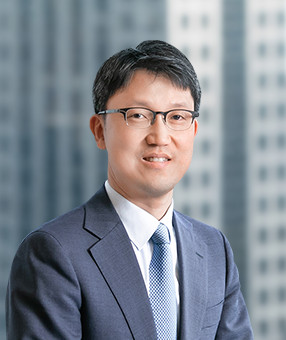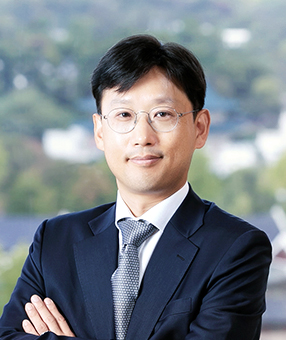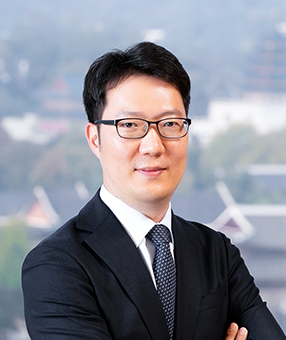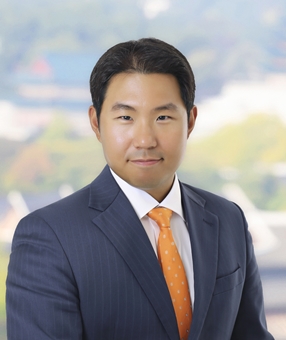On March 24, 2021, the National Assembly passed an amendment to the Financial Investment Services and Capital Markets Act (the “FSCMA” and such amendment, “Amendment”) to substantially overhaul the Korean private fund regulations. In particular, the Amendment unifies the existing classification of private collective investment vehicles (or “private funds”) and regulates funds based on the type of investors. The Amendment will take effect six months after its promulgation.
1. Reclassification of Private Funds
- Unification of private funds and distinction between “institutional private funds” and “general private funds”
Under the current FSCMA, private funds are classified into two categories based on the investment objective of the fund: (i) management participation (i.e., private equity funds or "PEFs") and (ii) private funds for qualified investors (i.e., hedge funds for non-management participation), and each classification is separately regulated. In order to serve as a general partner of a PEF, the company is required to register with the regulators as a general partner, and in order to serve as the management company for a private fund/hedge fund, the company is subject to more stringent eligibility requirements and required to be registered as a private asset management company (“Private AMC”). The Amendment removes such classification, and instead, the Amendment distinguishes between “institutional” private funds (which are funds sold to institutional investors) and “general” private funds.
The main implication of this change is that existing general partners of PEFs will be permitted to establish and manage institutional private funds, while existing Private AMC will be permitted to establish and manage general private funds. Existing general partners will however need to satisfy certain investment management personnel requirement under the Amendment (which will be set out in the Presidential Decree), but will be given a one-year grace period to satisfy such requirements.
As for new market participants, they may apply for registration either to manage institutional private funds or general private funds, the latter being subject to more eligibility and ongoing compliance requirements.
Moreover, under the Amendment, existing PEFs shall automatically be deemed as institutional private funds, and existing private funds/hedge funds shall be deemed as general private funds.
- Increase in the number of private fund investors
The current FSCMA and sub-regulations limit the number of actual investors in a private fund to up to 49 investors. However, the Amendment relaxes this limit to up to 100 investors, although the specific method of calculating the number of investors will be set out in the Presidential Decree and the number of non-professional investors (who are in need of greater protection) is still limited to up to 49.
In addition, in order to avoid the public offering rules, the number of offerees must be limited depending on the type of investor as follows:
- General investors: The total number of investors as well as the number of offerees is limited to up to 49.
- Institutional investors: No limitation for investors as well as offerees.
- Professional investors that are not institutional investors: Not counted for purposes of determining the number of offerees but are included in the number of investors. The regulations are relaxed from “up to 49” to “up to 100.”
- Unification of regulations on investment management
Currently, different sets of regulations apply to PEFs and non-PEFs (hedge funds) in order to ensure that such funds are managed in compliance with their respective objectives. However, the Amendment removes such distinction and eases the regulations as follows:
| Type | Current | Amendment |
| Management participation investment obligations |
|
|
| Limits on voting rights |
|
|
| Borrowing |
|
|
| Loans |
|
|
-
Changes in regulations for institutional private funds
Since institutional private funds can only be sold to classified institutional investors, the Amendment eases some of the existing regulations including:
- Management personnel requirements for registration of general partners: Currently, there is only a minimum personnel requirement to register as a general partner of the PEF. However, the Amendment introduces a qualification requirement by adding “certain investment management experts designated by the Presidential Decree.”
- Audit by regulatory authorities: The Amendment provides that general partners, in addition to institutional private funds, may be subject to FSC measures or audits by the Financial Supervisory Service (the “FSS”) where “necessary for the stability of the financial market and transaction order.”
2. General Private Fund Regulations Strengthened for Investor Protection
There have been a number of high-profile incidents involving certain local private funds which resulted in substantial losses to investors. As a result, the Amendment introduces certain investor protection measures applicable to a general private fund.
-
Private AMCs are required to prepare “key product disclosures” (but not a full offering memorandum) and provide it to potential investors (through the distributors). Distributors are required to verify that the content of the key product disclosure is consistent with the fund documents (i.e., collective investment agreement).
-
Even after the sale of the general private funds, the distributors are required to confirm that the Private AMC’s management thereof conforms to the key product disclosure, and if they do not, the distributors are required to request that the Private AMC rectify its management activities.
The reinforcement of the regulations discussed above, along with the introduction of new regulations relating to financial consumer protection, is expected to lead to substantial changes in the business environment of financial companies (such as distributors and trustees).
3. Conclusion
The Amendment brings significant changes to the Korean private fund industry as it relates to the overall management and sale of private funds. However, specific details will be finalized in the Presidential Decree and subordinate laws in the coming months.
Related Topics









